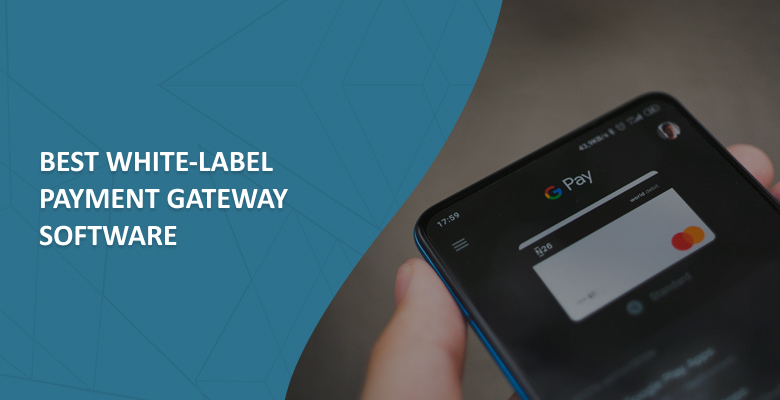
In the dynamic payments landscape, startups and legacy banks face the pivotal decision of whether to develop their own payment processing platform or leverage white-label solutions.
This choice impacts not just their market entry speed but also long-term scalability and operational focus.
In this article, renowned Payments Strategist Dwayne Gefferie, together with the Founder and CTO of Akurateco, Andrew Riabchuk, and COO of Akurateco, Alexandra Dolia, explore why using a white-label platform often presents a more practical entry path into the payments space for startups and legacy institutions, offering a strategic blend of cost-effectiveness, technical robustness, and market readiness.

Should You Build or Lease Your Payments Infrastructure?
The payment industry’s growth is propelled by continuous technological advancements and an increasing demand for seamless transaction experiences. In this evolving landscape, startups and legacy banks looking to enter or expand within the payments sector are met with a crucial decision: should they invest in building their own platforms or adopt white-label solutions?
While each approach has its merits, white-label platforms often provide a compelling case for those aiming to balance rapid deployment with cost management and technical excellence.
What are the Benefits of Using a White-Label Payment Solution?
Speed to Market
For new entrants in the payments industry, speed to market is critical. White-label platforms are pre-built solutions that can be branded and customized to a degree, allowing businesses to launch their services much faster than if they were developing a system from scratch. This is particularly advantageous for startups and banks eager to capitalize on market opportunities without the lengthy R&D and testing phases that a custom-built platform demands.
Cost Efficiency
Another benefit would be that building a payments platform from the ground up is a resource-intensive endeavor that requires significant upfront investment in both time and capital.
For startups, this investment can be too costly, taking away money from important areas like developing products and growing the business.
Legacy banks, on the other hand, might find the cost of modernizing outdated systems daunting. White-label platforms offer a cost-effective alternative, providing an advanced technical infrastructure without the high initial costs associated with custom development.
Technical Expertise and Support
A third benefit of choosing a White-label platform is that it is developed by companies specializing in payment solutions, ensuring that it is robust, secure, and compliant with the latest industry standards.
By opting for these solutions, startups and banks can leverage the provider’s technical expertise and ongoing support.
This is a significant benefit, particularly for entities that may not have extensive in-house technical capabilities. It also reduces the burden of maintaining compliance with evolving regulatory requirements across different jurisdictions, a complex and ever-changing landscape that can be challenging to navigate without specialized knowledge.
Scalability and Flexibility
As businesses grow, their payment processing needs become more complex. White-label platforms are designed with scalability in mind, allowing for easy adjustments to handle increased transaction volumes or expansions into new markets. Moreover, many white-label providers offer modular solutions that enable companies to add features or enhance functionality as needed, providing flexibility not always feasible with homegrown systems.
Focus on Core Business
For many startups and legacy banks, the primary goal is to improve or expand core offerings rather than becoming tech developers. Utilizing a white-label platform allows them to focus on what they do best—serving their customers and innovating in their primary markets. This shift in focus can lead to better products, improved customer service, and, ultimately, a stronger competitive position in the market.
Risk Mitigation
Developing an in-house payment platform carries inherent risks, including potential project failures, cost overruns, and compliance breaches. White-label solutions mitigate these risks by providing tried-and-tested platforms that have been deployed successfully across multiple clients. This track record offers reassurance that is often lacking in bespoke development projects.
What are Some of the Potential Drawbacks of Going White-Label?
While white-label payment gateway software offers numerous advantages, they are not without their criticisms.
Concerns about data security, lack of control over the infrastructure, and potential limitations in customization can all be drawbacks that those who are making the decision have a hard time getting over.
However, these issues can often be addressed through careful vendor selection, robust contract agreements, and choosing platforms with extensive customization capabilities that can closely align with the company’s specific needs.
Conclusion
For startups and legacy banks eager to make their mark in the payments industry, choosing between building a custom platform and adopting a white-label solution is a strategic decision that affects not just their initial market entry but their long-term success.
White-label platforms provide a viable, cost-effective, and technically proficient alternative that allows businesses to enter the market swiftly and with confidence, focusing their resources on core business growth and customer engagement. For startups and banks operating with a legacy or modern payment system, the primary goal is to improve or expand core offerings rather than becoming tech developers.
In conclusion, while the allure of complete control over a custom-built platform is undeniable, the practicalities of adopting a white-label solution—speed to market, cost efficiency, technical support, and scalability—make it an attractive option for many businesses looking to innovate in the payments space without the burden of building and maintaining their own infrastructure.





